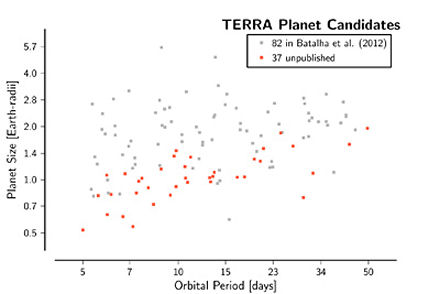
Biologists from Kyoto University have succeeded in producing the first animal offspring with transgenic material carried directly from sperm stem cells “infected” by a retrovirus. Some of the resulting transgenic mice reproduced and passed on the new genetic material to their offspring.
The researchers, led by Dr. Takashi Shinohara, injected the retrovirus into the seminiferous tubules in the testes of immature male mice. The retrovirus was taken up by the sperm stem cells, which went on to produce sperm with the transgene.
According to Dr. Shinohara and his colleagues, 86 percent of the males injected with the retrovirus became fertile. Eight of 31 of these males (26 percent) later mated normally with wild-type female mice and sired offspring.
Because stem cells treated with retroviral transgenes can continuously generate large numbers of transgenic sperm, many transgenic offspring can be produced from a single ‘founder’ male.
In a paper appearing in the Biology of Reproduction, the team notes that other methods have been described for introducing transgenes into animals, including techniques based on eggs or embryos from female animals. The rate of success for these methods, however, is generally less than 1 percent. The new method of using male sperm stem cells is simple and has a relatively high rate of success. It should be directly applicable for producing a wide range of animals, including pigs and cattle, with modified germlines.
The same technique does not work with mature male mice however as the retrovirus is not able to penetrate and reach the sperm stem cells.








Comments are closed.